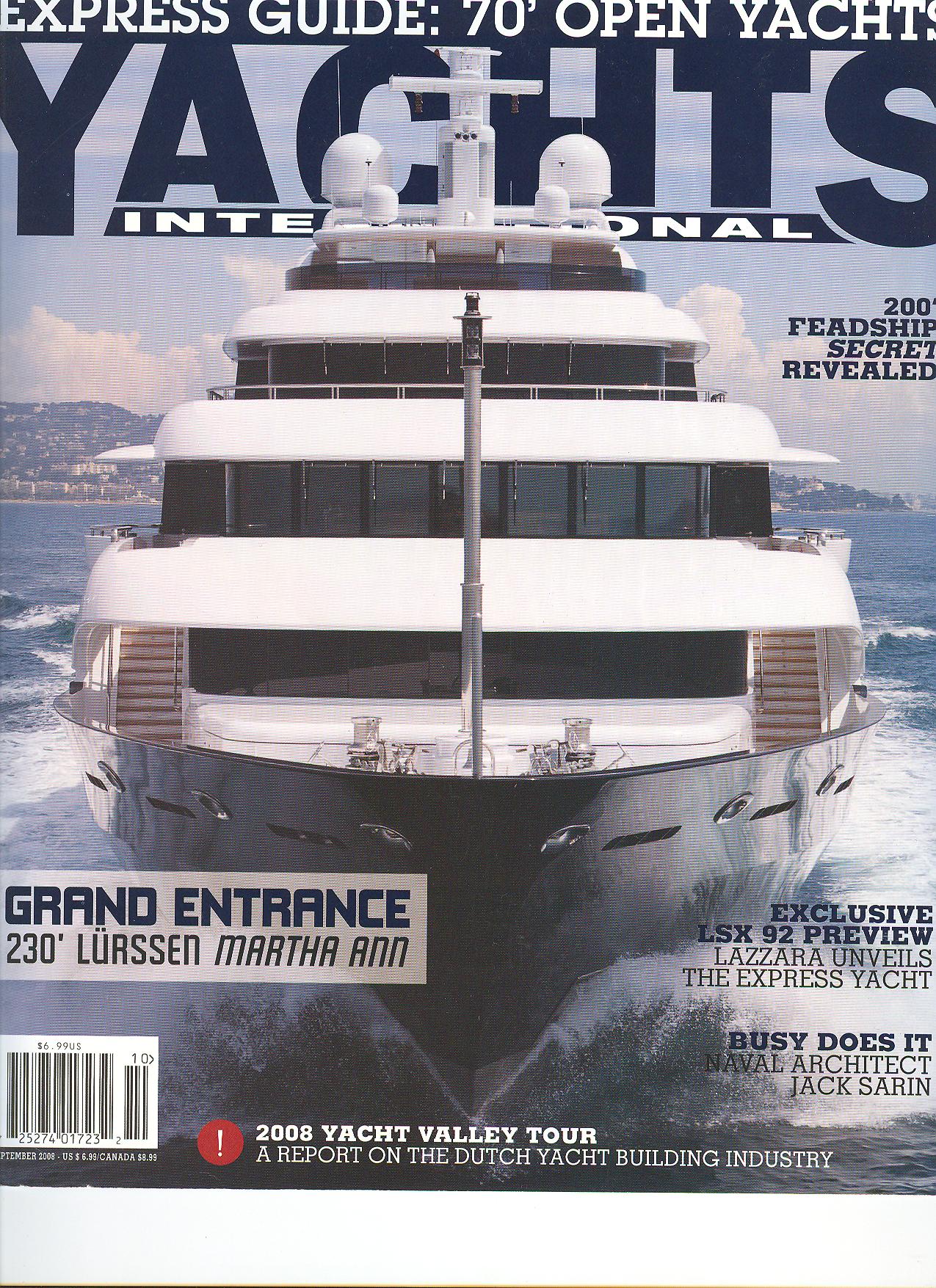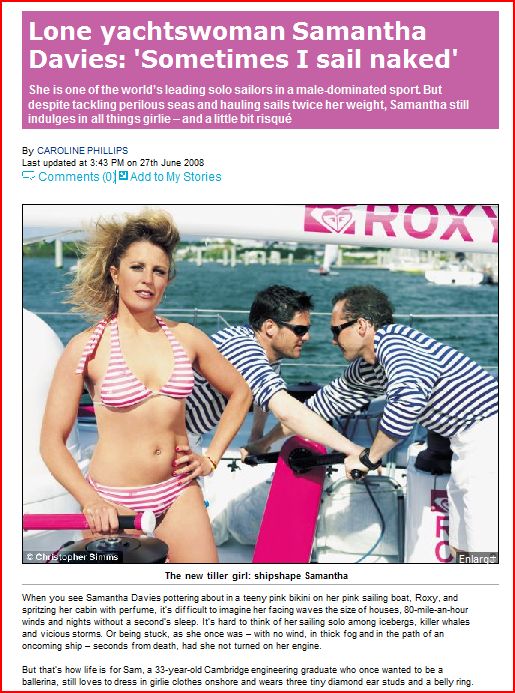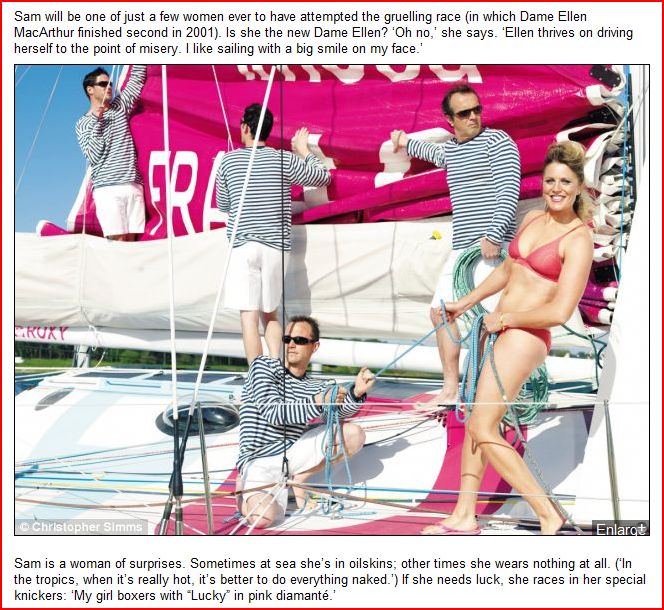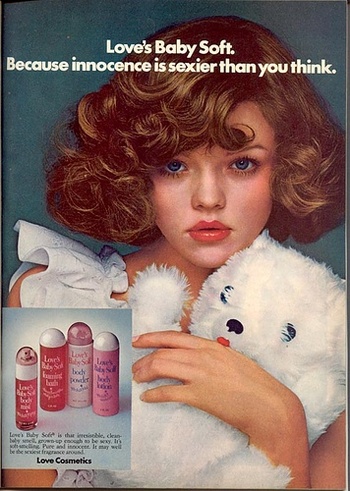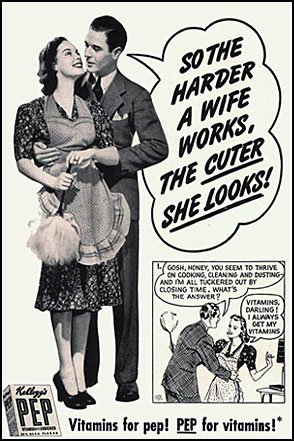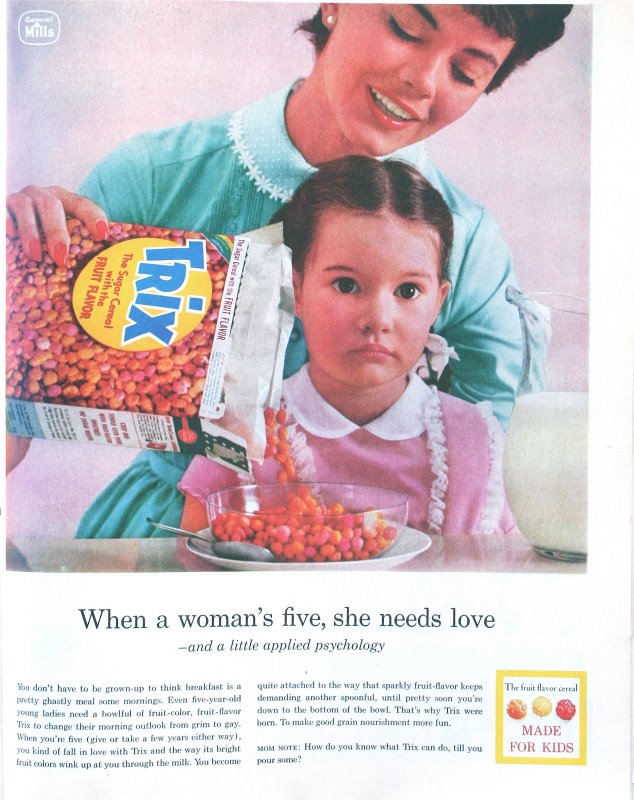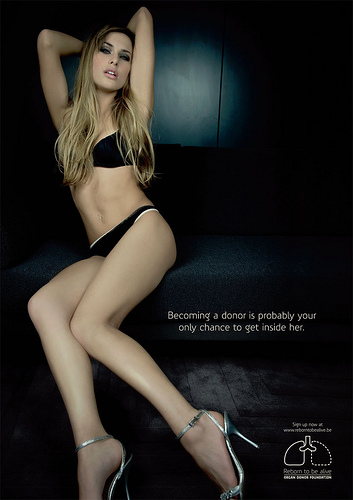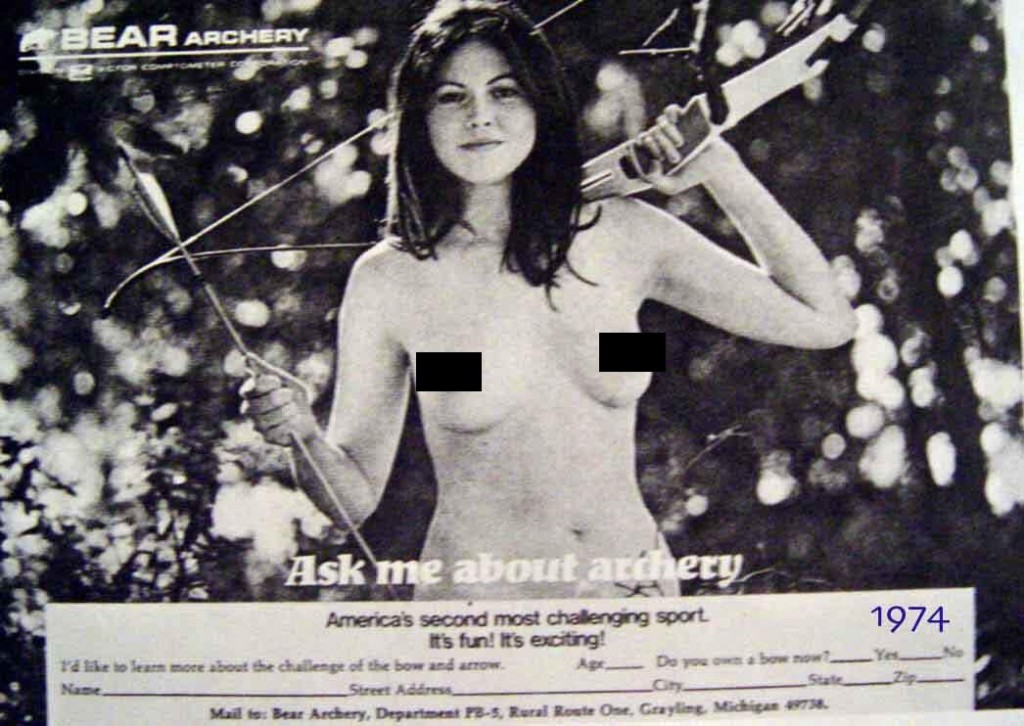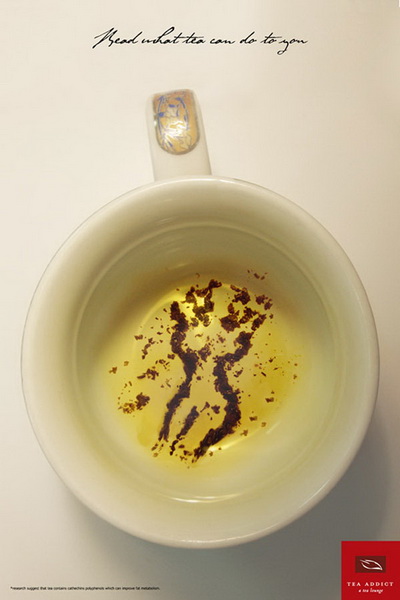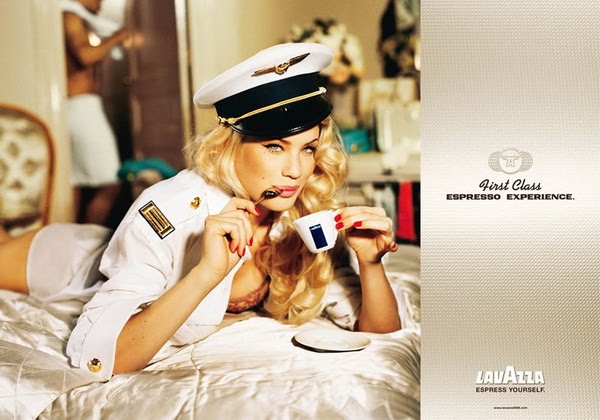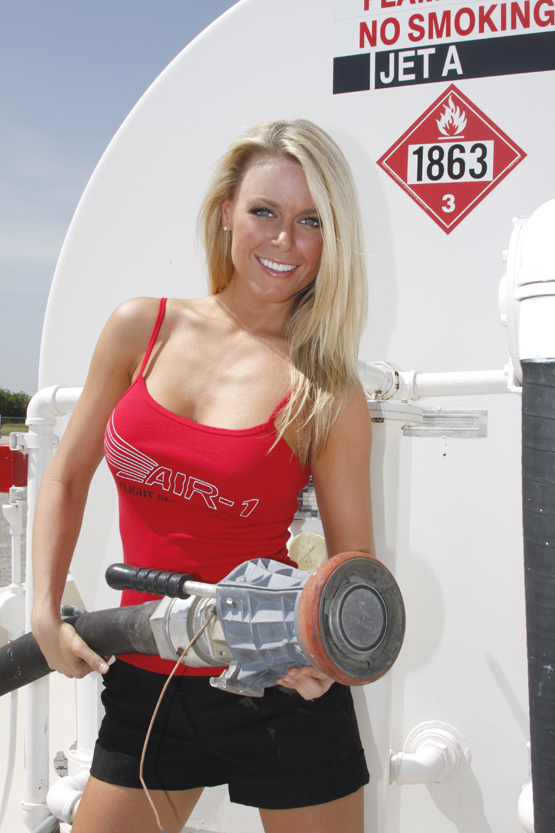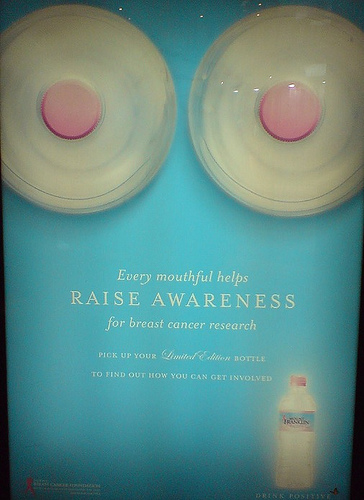One of the magazines for the obscenely rich that I’ve been perusing lately was Yachts International magazine.
In it was a glaring Sociological Images story. Paging through the magazine it became exceedingly clear that yachts were one prize for extreme economic success… and women were another. Below I have uploaded every ad in the magazine that included people. Across all of the ads, there are 22 women and four men. The women are, overwhemingly, posed as beautiful objects that adorn beautiful yachts.
Each of the ads is embedded after the jump (there’s a lot and they take some time to load):

